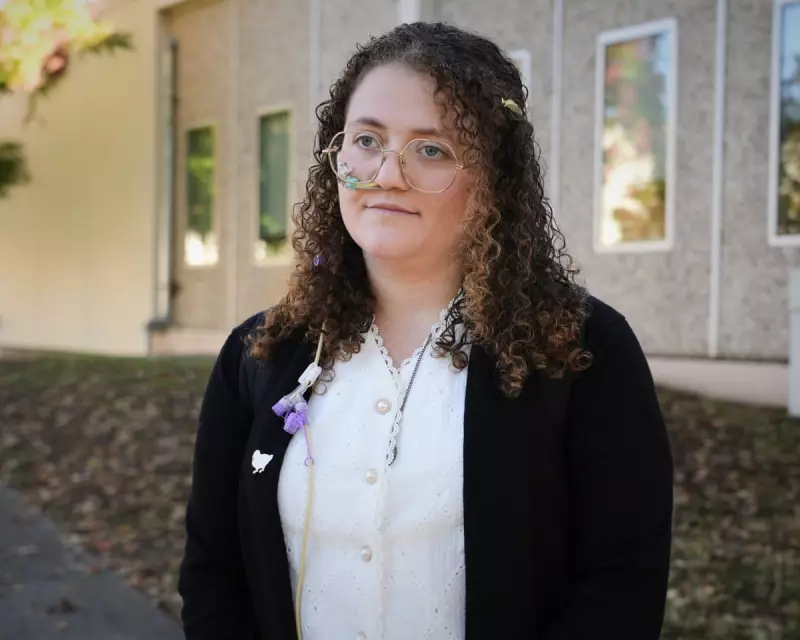
In a verdict that has sent shockwaves through the animal rights community, California activist Zoe Rosenberg has been found guilty on multiple charges following her dramatic rescue of chickens from a commercial poultry farm.
The Sanctuary Founder's Stand
Rosenberg, the passionate founder of Happy Hen Animal Sanctuary, faced the court as prosecutors painted a picture of criminal trespass and theft. The 20-year-old activist, who has dedicated her life to animal welfare, stood accused of orchestrating what authorities called an "illegal rescue operation" at a Southern California egg farm.
A Case That Divided Opinion
The trial revealed starkly contrasting perspectives on animal welfare and property rights. Prosecutors argued that Rosenberg's actions crossed legal boundaries, while defence attorneys maintained she was acting to save suffering animals from what they described as "deplorable conditions."
"This case represents much more than a simple property dispute," one court observer noted. "It's become a lightning rod for the broader debate about how society treats farm animals and the limits of peaceful protest."
The Evidence That Sealed the Case
Jurors heard compelling testimony from both sides, including:
- Video evidence showing the rescue operation
- Testimony from farm employees and animal welfare experts
- Documentation of the chickens' conditions before and after rescue
- Rosenberg's own social media posts about the operation
What This Means for Animal Activism
The guilty verdict raises significant questions about the future of direct action in animal rights movements. Legal experts suggest this case could set an important precedent for how similar situations are handled in courts across California and beyond.
"This isn't just about Zoe Rosenberg," commented an animal law specialist. "This verdict will echo through the entire animal protection movement, potentially changing how activists approach rescue operations in the future."
As Rosenberg awaits sentencing, supporters have vowed to continue fighting for what they see as a fundamental moral cause, while agricultural industry representatives have welcomed the court's decision as upholding the rule of law.





